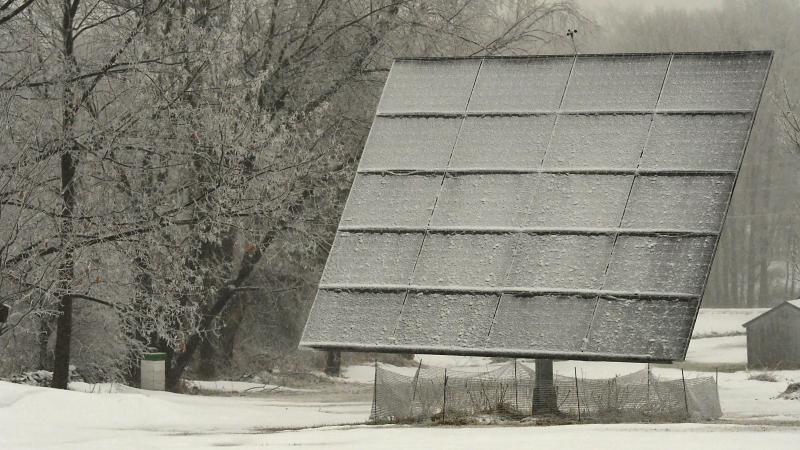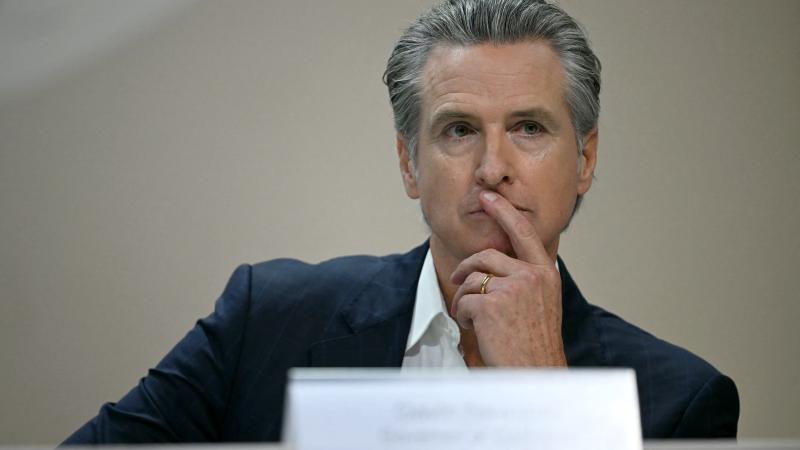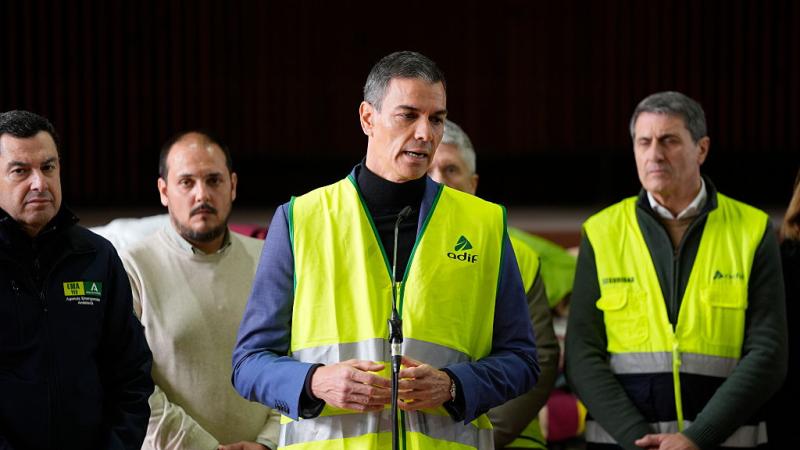Budget bill too slow to repeal renewable energy subsidies, some Republicans say
Yet even as Democrats have denounced the plan as “extreme,” some Republican lawmakers argue the legislation doesn’t go far enough.
(The Center Square) -
Republicans’ multi-trillion-dollar budget reconciliation bill, set to hit the House floor Thursday, repeals multiple tax credits implemented by the Inflation Reduction Act that subsidize infrastructure meant to reduce greenhouse gas emissions.
Yet even as Democrats have denounced the plan as “extreme,” some Republican lawmakers argue the legislation doesn’t go far enough.
The 2022 Inflation Reduction Act included 21 new climate-related tax expenditures, including subsidies and deductions for electric vehicle owners, homeowners who make their houses energy efficient, and facilities that generate electricity from wind turbines and solar panels.
The House Energy and Commerce Committee’s portion of the policy megabill, where the IRA changes are located, would save $910 billion over the next decade by terminating five credits outright and phasing out more than a dozen others.
Four tax credits are related to alternative fuel vehicles and three credits are related to home energy efficiency or “clean” energy sourcing. Also, the clean hydrogen production credit would be terminated by 2026 under the bill as written.
Fiscal hawks are less enthusiastic about the slow phaseouts of other subsidies since pushing the end dates past the end of the Trump administration risks another administration reversing course.
The bill keeps the carbon oxide sequestration credit, set to expire under the IRA in 2044, for facilities built by 2032. It also keeps the advanced manufacturing production credit, nuclear production credit, and geothermal heat pump credit until 2032, as well as the clean electricity production and investment credits.
The legislation even extends the clean fuel production credit to 2032, four years longer than the IRA allows for.
All total, the partial repeal of the IRA would save $515 billion over the next decade. But given the enormous cost of permanently extending the 2017 Tax Cuts and Jobs Act — the main end of the filibuster-proof budget reconciliation bill — some Republicans are calling for a complete and immediate repeal.
Reps. Chip Roy, R-Texas; Ralph Norman, R-S.C.; Andrew Clyde, R-Ga.; Josh Brecheen, R-Okla., stalled the advancement of the reconciliation package in the House Budget Committee due to concerns about the energy subsidies and other costs.
To win their support, House Speaker Mike Johnson, R-La., promised that the House Rules Committee — the last hurdle before the bill reaches the House floor — will amend the legislation so that it “reduces the availability of future subsidies under the green new scam,” according to an X post by Roy.
“But, the bill does not yet meet the moment – leaving almost half of the green new scam subsidies continuing,” Roy added. “We can and must do better before we pass the final product.”
Fully axing the energy subsidies in the IRA, which Republicans are unlikely to do, could result in up to $1.97 trillion in savings over the next ten years, according to an analysis by the Cato Institute.















